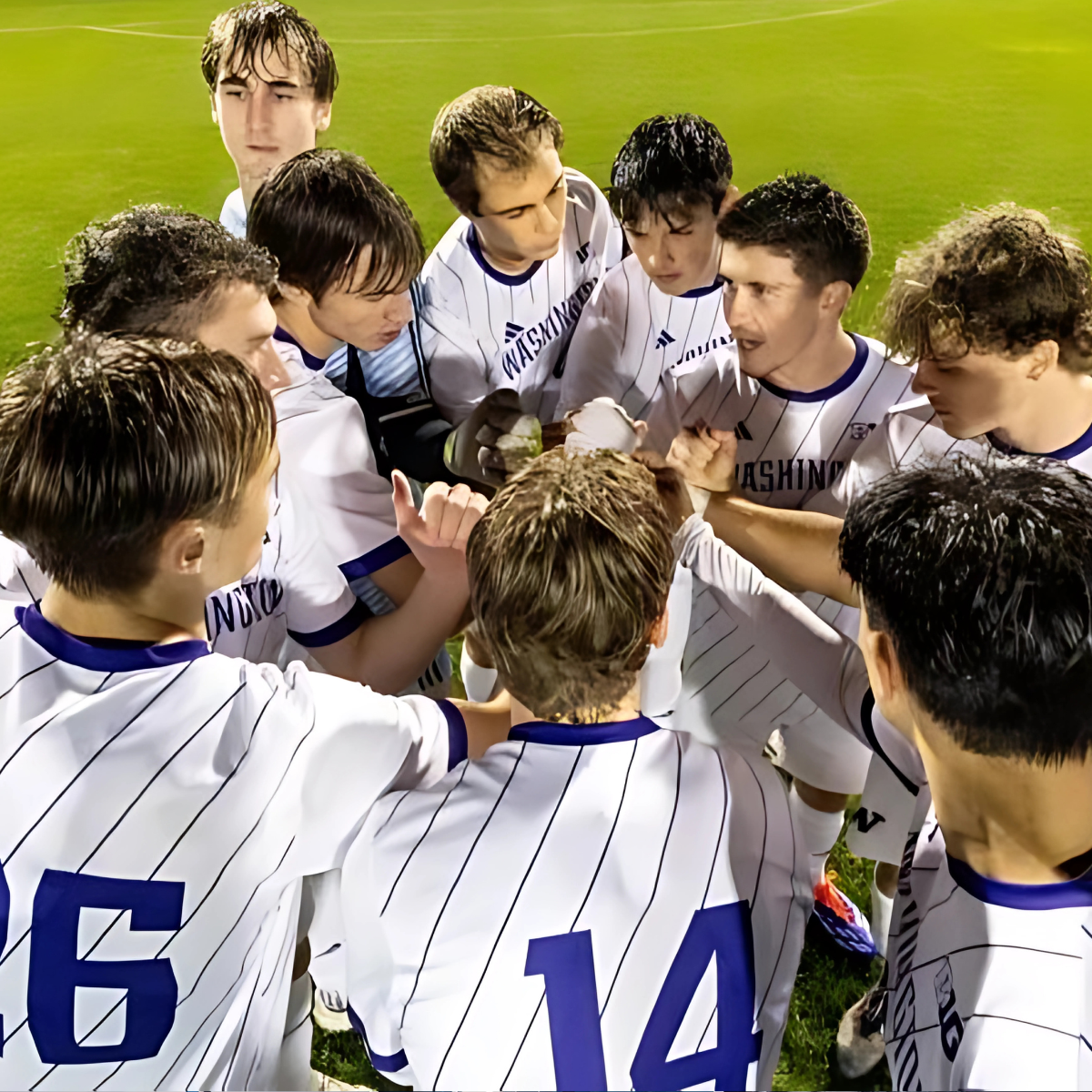What is Impostor Syndrome and How Can Athletes Overcome It?
Impostor syndrome, also known as the impostor phenomenon or impostorism, is a psychological experience where individuals doubt their skills, talents, or accomplishments despite evident success. This phenomenon leads to persistent feelings of fraudulence, where individuals believe they do not deserve their achievements and fear being exposed as a "fraud." Initially identified in high-achieving women, research has shown that impostor syndrome can affect anyone, including athletes at all levels.
Understanding Impostor Syndrome
Impostor syndrome manifests through various symptoms, including:
- Self-Doubt: Athletes may constantly question their abilities and feel inadequate compared to their peers.
- Attributing Success to External Factors: Individuals often credit their achievements to luck or help from others rather than their own skills.
- Fear of Exposure: There is a pervasive fear that others will eventually discover they are not as competent as perceived.
- Perfectionism: Many with impostor syndrome set unrealistically high standards for themselves and feel disappointed when they fail to meet them.
This cycle can create significant anxiety and stress, affecting an athlete's performance and overall well-being.
The Impact of Impostor Syndrome on Athletes
- Performance Anxiety: Athletes experiencing impostor syndrome may struggle with anxiety before competitions, fearing they will not perform up to expectations. This anxiety can hinder their ability to focus and execute skills effectively.
- Burnout: The constant pressure to prove oneself can lead to physical and mental exhaustion. Athletes may overtrain or push themselves too hard in an attempt to validate their worth, ultimately leading to burnout.
- Reduced Enjoyment: The fear of being exposed as a fraud can diminish the joy athletes find in their sport. Instead of enjoying the competition, they may become preoccupied with self-doubt and performance outcomes.
- Avoidance of Opportunities: Athletes may shy away from challenges or opportunities for advancement due to fear of failure or exposure. This avoidance can limit their growth and potential in their sport.
Read: How does the concept of self-determination theory apply to athlete motivation?
Strategies for Overcoming Impostor Syndrome
Athletes can take several steps to combat impostor syndrome and build confidence in their abilities:
- Acknowledge Feelings: Recognizing and accepting feelings of self-doubt is the first step toward overcoming impostor syndrome. Athletes should understand that these feelings are common and do not reflect their true capabilities.
- Reframe Negative Thoughts: Cognitive restructuring techniques can help athletes challenge negative beliefs about themselves. Instead of thinking "I don’t deserve this success," they can reframe it as "I worked hard for this achievement."
- Seek Support: Talking about feelings of inadequacy with coaches, teammates, or sports psychologists can provide relief and perspective. Sharing experiences helps normalize these feelings and fosters a supportive environment.
- Celebrate Achievements: Athletes should take time to acknowledge and celebrate their successes, no matter how small. Keeping a journal of accomplishments can serve as a reminder of their capabilities and progress.
- Set Realistic Goals: Establishing achievable goals helps athletes focus on personal growth rather than comparing themselves to others. This approach encourages a sense of accomplishment without the pressure of perfection.
- Practice Self-Compassion: Athletes should treat themselves with kindness during setbacks or failures. Understanding that mistakes are part of the learning process helps reduce the harsh self-criticism often associated with impostor syndrome.
- Visualize Success: Mental imagery techniques can help athletes visualize successful performances, reinforcing their belief in their abilities. This practice prepares them mentally for competition and reduces anxiety.
Impostor syndrome is a common challenge faced by many athletes, leading to self-doubt, anxiety, and decreased enjoyment in sports. By acknowledging these feelings, reframing negative thoughts, seeking support, celebrating achievements, setting realistic goals, practicing self-compassion, and visualizing success, athletes can combat impostor syndrome effectively.
Developing confidence in their abilities will not only enhance performance but also contribute to a more fulfilling athletic experience. Embracing one's accomplishments and recognizing that self-doubt is part of the journey can empower athletes to thrive in their sports endeavors.
Read: What is the psychology of injury recovery and how can athletes optimize it?







%20(1200%20%C3%97%20232%20px)%20(9).png)









.png)

